Dear Record Loving Audiophiles of Earth,
I’m afraid we have some bad news. [This was written back in 2011 when the record came out so it’s hard to imagine that what I am about to say is news to anyone at this stage of the game.]
Regrettably we must inform you that the 2011 edition of Tea for the Tillerman pressed by Analogue Productions on Heavy Vinyl doesn’t sound very good. We know you were all hoping for the best. We also know that you must be very disappointed to hear this unwelcome news.
But the record is what it is, and what it is is not very good. Its specific shortcomings are many and will be considered at length in our review below.
Yes, we know, the folks over at Acoustic Sounds, in consultation with the late George Marino at Sterling Sound, supposedly with the real master tape in hand, and supposedly with access to the best mastering equipment money can buy, labored mightily, doing their level best to master and press the Definitive Audiophile Tea for the Tillerman on Vinyl of All Time.
It just didn’t come out very good, no matter what the reviewers say. And what do they say? Allow me to quote one.
…superbly dynamic, spacious and detailed…The attack of the pick on the guitar strings is astonishingly clean and detailed.
Depth is pronounced…
…the resolution of low level detail reveals a host of details that are either buried or glossed over on the other versions I’ve heard…
Uh-oh, wait a minute, here’s a blindingly red flag:
If you have the edition, you’ll find this similar in one way: there’s nothing “mellow” about the overall production and when the music gets loud (and Marino lets it get so) it can get a bit hard, but better that than to soften it and lose the clarity, focus and detail of this superb recording, especially in the quieter passages where the resolution of low level detail is astonishing.
More about that later.
Another fellow, this time a blogger writing under the heading “my vinyl review,” had this to say:
This latest pressing… has a decidedly leaner tonal balance than the UK pink Island, and favors the chiming highs and upper mids of the guitars over the lower frequencies. That said, the QRP’s bass is also tighter than what is heard on the other pressings. As with the UK pink, Stevens’ vocals are right up front in the mix on the QRP, but also gain an additional layer or two of complexity over the other issues. This new reissue… is simply the most dynamic, detailed version of this classic album that I’ve heard to date, with more of the vocal nuances, guitar flourishes, and bass string vibrations that audiophiles crave. The U.K. pink undoubtedly possesses a rounder overall sound — and some with particularly bright systems or a sensitivity to the hint of stridence or sibilance in the vocals, might appreciate the touch of tube compression found on the original U.K.
Hey, that’s what I heard too.
Some of what is quoted above does sound very much like the Acoustic Sounds QRP record I played.
For example, when they mention that it’s not “mellow,” that “it can get a bit hard,” that it has a “leaner tonal balance than the UK pink Island,” yes, I would agree with all of that.
But that only scratches the surface of its many faults. (more…)

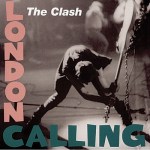
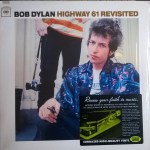
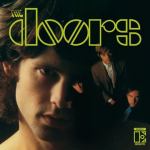
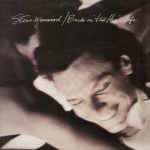 On some of the copies we played richness and warmth seemed to have been sacrificed for the sake of greater clarity. That’s never been our sound, one of the reasons we do relatively few albums from the ’80s, and we noticed that on the copies with that tonal balance it was much more difficult to become involved in the music.
On some of the copies we played richness and warmth seemed to have been sacrificed for the sake of greater clarity. That’s never been our sound, one of the reasons we do relatively few albums from the ’80s, and we noticed that on the copies with that tonal balance it was much more difficult to become involved in the music.
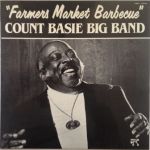
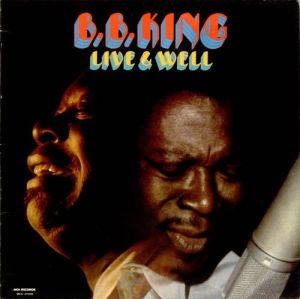
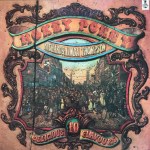 More of the Music of Richard Thompson
More of the Music of Richard Thompson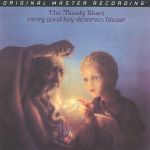 More of the Music of The Moody Blues
More of the Music of The Moody Blues